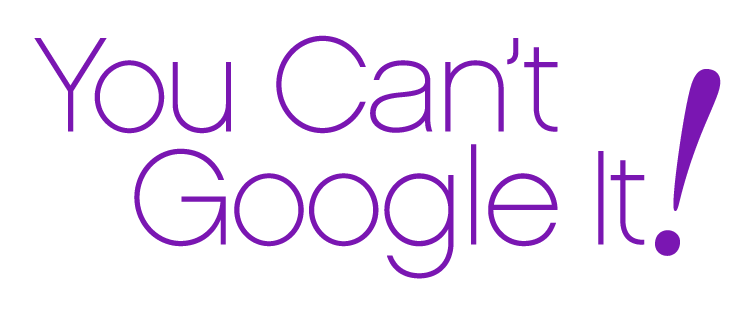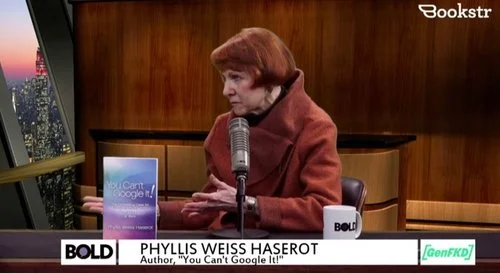How Age Demographics Are Determining Our Destiny
/As a demographic-issues enthusiast since my early career as an urban planner and in the last 15 years as multi-generational workplace solutions “expert,” I want to share information on how generational as well as other demographic trends are reshaping our economic, social, political and cultural present and future. Charles M. Blow’s NY Times Op-Ed on “The Four Great Migrations” grabbed my attention and sparked thoughts of the largely unrecognized urgency to contemplate the implications for the general public. We need to prepare for the inevitable demographic/societal migrations.
While the other three great migrations Blow describes are greatly significant -- immigration from other countries, climate change, reverse migration of Black people in the U.S.—I will focus on urbanization led by young people and its implications. It also demonstrates the intersectionality of age and the reordering of the influence of minority groups. Those are forecasts such as: the growth of Hispanic population to where it will double the Black population; and the Asian numbers growing larger than the Black population as well.
Even back in 2014, NPR reported that young people were leaving small towns for the big city, and Millennials have accelerated this trend. It has continued, as they pour into cities, and now suburbs, too as they have children and also can work remotely. According to a peer-reviewed study in the Journal of Regional Science, Millennials favor living in central urban neighborhoods more than previous generations did at similar life stages.
Considering the intersectionality of race and generation, the percentage of Black population moving and settling in the South from the North and Midwest is the highest in 50 years, especially younger and well-educated Blacks who have moved from Northeastern and Midwestern declining cities in search of better opportunities. This has been apparent in its effect on the structure of power, both political and economic, and calls for social justice and equity.
What long-term political upheaval will this bring? Will we see more tension between older and younger populations or a move toward “collaborageism” based on socio-economic identities and privilege? Businesses and cities in diverse geographic areas with differing resources and environmental challenges had better focus on planning now to seek solutions, or a “pandemic” upheaval of another kind is likely.
Call to action: Share your thoughts about the above and the outcomes of these migrations. How do you think power balances will shift? Are you recognizing significant shifts in your residential and work communities? What generational changes are you seeing, and how is that affecting diversity/equity/inclusion and belonging? Let’s have a cross-generational conversation on these shifts. Will large employers move in? Or will people work from home so it won’t be a major disruption needing new infrastructure? Will gentrification increase? How should municipalities prepare?
Would you like to participate in a Zoom meeting on this topic? Let me know.
© Phyllis Weiss Haserot 2021


